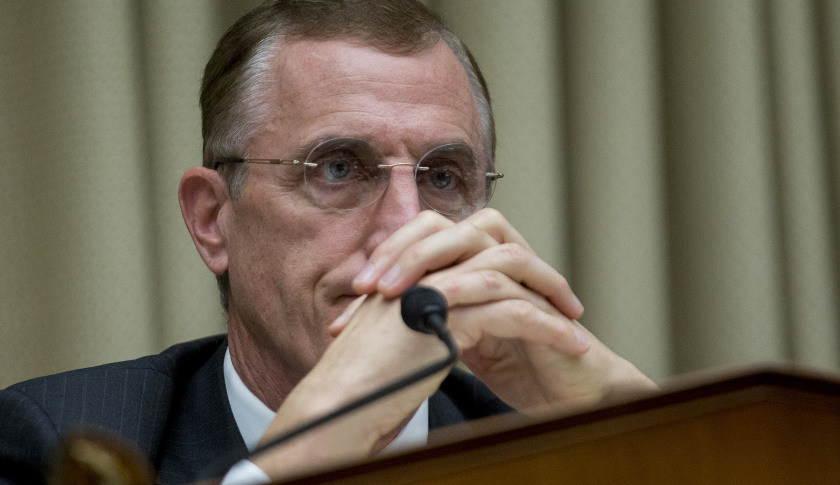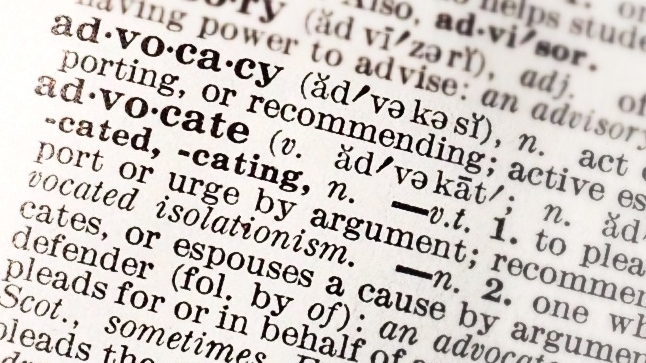
Another obstacle bottlenecks Rep. Tim Murphy’s mental health reforms.
Photographer: Andrew Harrer/Bloomberg via Getty Images
(7-28-16) Rep. Tim Murphy’s Helping Families in Mental Health Crisis Act was passed by a 422-2 vote in the House earlier this year, but it’s now treading water and the prospect of it being signed into law this session is fleeting.
The trouble has nothing to do with the contents of Murphy’s much altered bill. As first reported by Peter Sullivan in The Hill, this time around the fight is in the Senate and it is about guns.
 (7-21-16) Did a Virginia official, whose job is to protect the public from dishonest government officials, lie to me?
(7-21-16) Did a Virginia official, whose job is to protect the public from dishonest government officials, lie to me?





